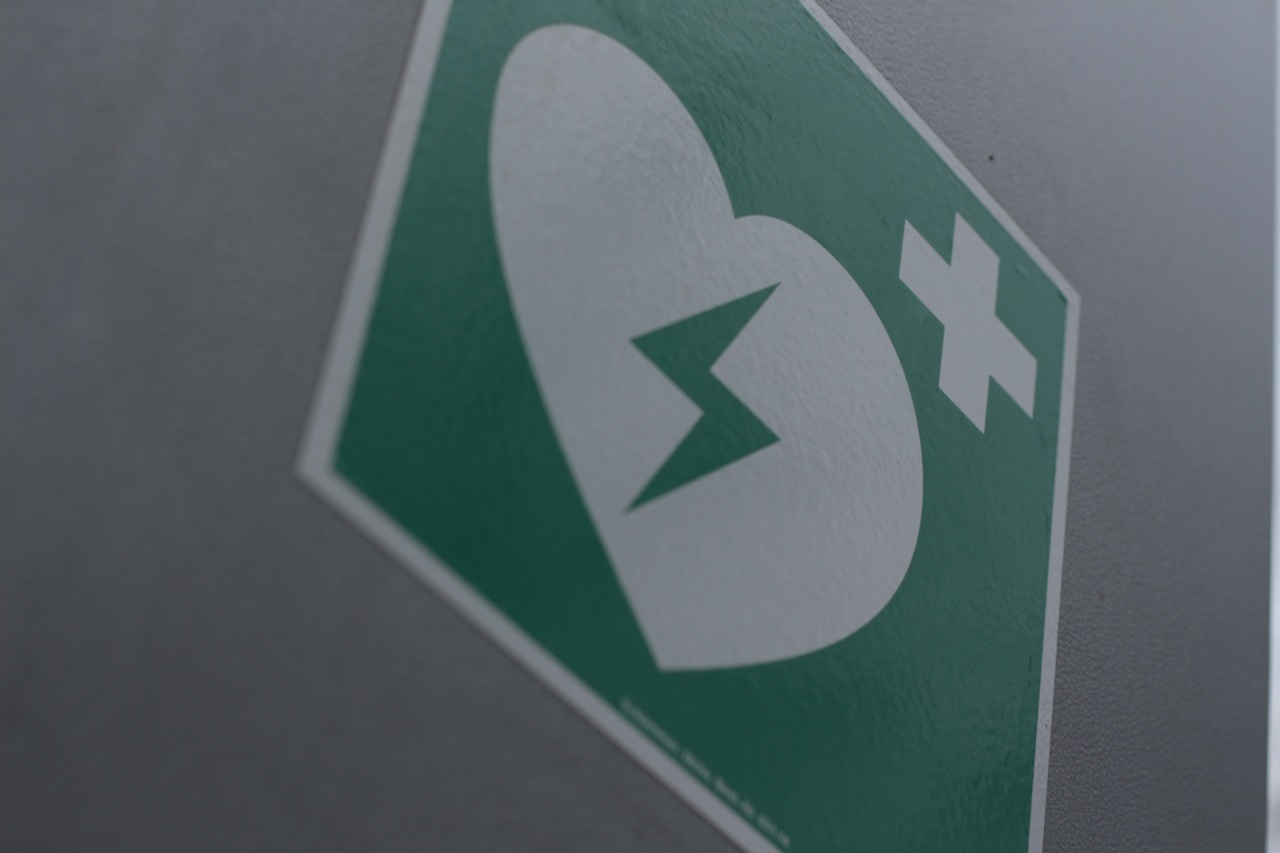Heart health is crucial for overall well-being. The heart, a vital organ, works tirelessly to keep our bodies functioning properly. Being aware of the signs and symptoms of heart problems can help prevent serious complications and even save lives.
In this article, we will explore common indicators of heart issues and discuss the importance of seeking prompt medical attention.
1. Chest pain or discomfort
One of the most common signs of heart problems is chest pain or discomfort. This may manifest as a tightness, pressure, or squeezing sensation in the chest. The pain can radiate to the arm, jaw, neck, back, or stomach.
Chest pain may occur during physical activity or even at rest, and it should never be ignored. If you experience chest pain, it is essential to seek immediate medical attention.
2. Shortness of breath
Feeling breathless or experiencing difficulty in breathing can be a sign of heart problems. Shortness of breath can occur during physical exertion or while at rest. It may be accompanied by a rapid heartbeat and can worsen when lying flat.
If you notice this symptom, particularly if it is sudden or severe, it is important to consult a healthcare professional.
3. Fatigue and weakness
Heart issues can also lead to persistent fatigue and weakness. If you find yourself feeling excessively tired, even after getting adequate rest, it could be a sign of a heart problem.
The heart may struggle to pump blood effectively, leading to reduced energy levels. If you experience unexplained fatigue or weakness, it is advisable to seek medical advice.
4. Dizziness and fainting
Dizziness and fainting spells may indicate a heart problem, particularly if they occur suddenly and without an obvious cause. These symptoms arise due to inadequate blood flow to the brain.
If you frequently feel lightheaded or pass out, it is crucial to consult a healthcare professional to determine the underlying cause.
5. Heart palpitations
Heart palpitations often feel like a fluttering or pounding sensation in the chest. This irregular heartbeat can be a sign of an underlying heart condition.
In some cases, heart palpitations may be harmless and temporary, but they can also indicate a more serious problem. If you experience recurring heart palpitations, it is essential to get them assessed by a medical professional.
6. Swelling in the legs, ankles, and feet
Swelling in the legs, ankles, and feet, also known as edema, can be a symptom of heart problems. When the heart does not pump efficiently, fluid can build up in the body, leading to swelling.
If you notice persistent or sudden swelling, it is advisable to consult a healthcare provider to determine the underlying cause.
7. Rapid weight gain
Rapid and unexplained weight gain can be an indication of heart problems. When the heart is unable to pump blood effectively, fluid can accumulate in various parts of the body, causing sudden weight gain.
If you experience unexplained weight gain, particularly if it is accompanied by other heart-related symptoms, it is crucial to seek medical attention.
8. Persistent cough or wheezing
A chronic cough or wheezing that does not seem to go away can be associated with heart issues. The heart’s inability to pump blood efficiently can cause fluid to accumulate in the lungs, leading to coughing or wheezing.
If you have a persistent cough or wheezing, it is important to consult a healthcare professional to evaluate the underlying cause.
9. Nausea and loss of appetite
Heart problems can also manifest as nausea and a loss of appetite. When the heart is not functioning properly, the digestive system may be affected, resulting in feelings of nausea and a reduced desire to eat.
If you experience persistent nausea and a lack of appetite along with other heart-related symptoms, it is essential to seek medical advice.
10. Cyanosis (Blue coloration of lips and extremities)
In some cases, a bluish discoloration of the lips, fingertips, and extremities can occur due to reduced oxygen levels in the blood. This condition, known as cyanosis, may be a sign of underlying heart problems.
If you observe any bluish coloration, it is crucial to seek immediate medical attention.
Being aware of these signs and symptoms can significantly contribute to the early detection and treatment of heart problems. If you or someone you know experiences any of these indicators, do not hesitate to consult a healthcare professional.
Remember, early intervention is key to maintaining heart health and preventing severe complications.





























